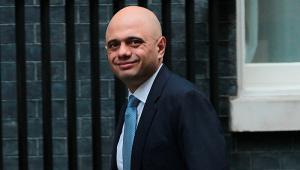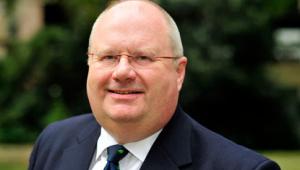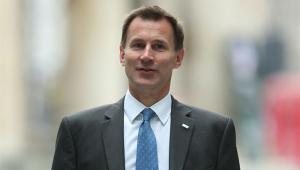Mandelson, who served as business secretary in the last Labour government, said the social contract between business and the public is being undermined as society sees multinational companies as being able to shirk their responsibilities and pick and choose what tax they pay and when.
Speaking at a seminar organised by the All Party Parliamentary Group on Responsible Tax today, Mandelson stated that economies cannot function properly when “that perception and that resentment is so strong” in an area as crucial as taxation.
“The fundamental goal in my mind is to create a system that recognises the public sense of what is right and fair, and ensures this aligns closely if not perfectly with the amount of tax required by the law in letter and in spirit,” he stressed.
Mandelson added that the corporate tax system needs to ensure fairness between businesses, must work effectively across borders, and that realigning corporate tax with value creation is a major priority.
Globally, attitudes towards corporate tax avoidance are changing. A series of high-profile revelations involving the complex schemes multinational companies employ to dodge their responsibilities have led to sour public and political sentiment, prompting a crackdown on tax avoidance in Europe and from the OECD.
Last October, the think-tank finalised a package of reforms designed to close loopholes in the international corporate tax architecture exploited by multinational companies to shift their profits to lower tax jurisdictions. While often completely legal, many consider such practices as going against the spirit of the law.
The European Commission has also pursued high profile rulings against “sweetheart deals” between a country’s tax authorities and multinational corporations like Starbucks and Fiat, deeming them as constituting illegal state aid.
The commission and other institutions in Brussels have also pushed for measures that go further than the OECD, such as making companies’ tax reports publicly available and giving funds recovered in tax-related state aid rulings to member states who have suffered an erosion of their tax bases rather than the member state involved in the ruling.
At today’s event, Anneliese Dodds, a Labour MEP and member of the Brussels’ Special Committee on Tax Rulings, told the meeting that efforts to go beyond OECD recommendations have been opposed by the think-tank.
She also outlined some common criticisms of the OECD’s package, and called for a more fundamental rethink of the tax system.
Specifically, she advocated a system based on formulary apportionment or unitary taxation, which attributes a portion of a company’s worldwide profits to each jurisdiction where it has a presence based on factors such as portion of sales, assets or payroll in each.
She noted that the UK government is opposed to such a system, and while commending its push for greater transparency around beneficial ownership she highlighted that this will not apply to trusts, a significant pitfall.
Richard Brooks, an investigative journalist and former a tax inspector with HMRC, agreed, and called on the government to use the opportunity of this year’s anti-corruption summit, hosted by the UK, to put an end to British tax havens and financial secrecy.
He referred to the “relaxed British attitude to tax havens” not only abroad but on the mainland, as the UK offers competitive tax arrangements to multinational companies that don’t live up to the country’s responsibilities to the global tax system.
“The UK is playing a very disappointing role in the fight against international corporate tax avoidance. It’s talking a good game. It claims to be at the forefront of the BEPS OECD initiative, but very quietly it’s undermining that,” he said.



















